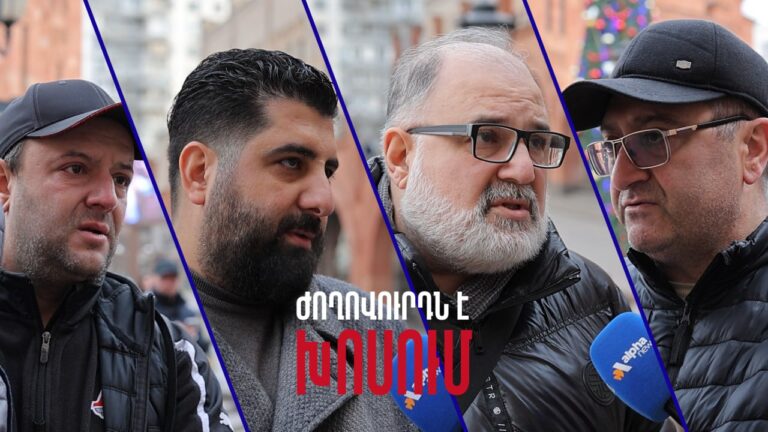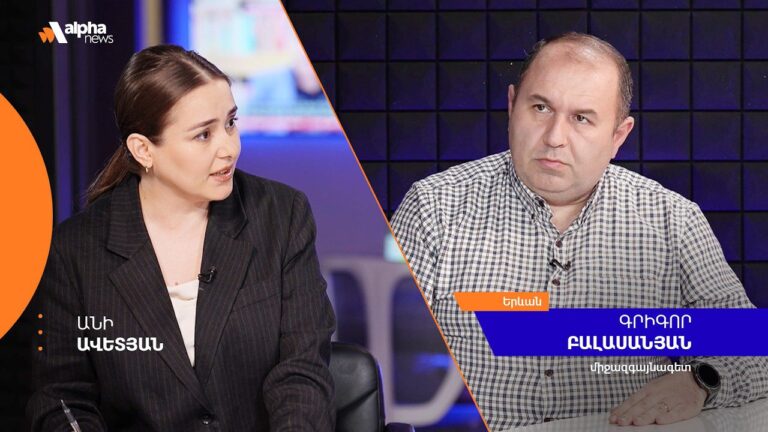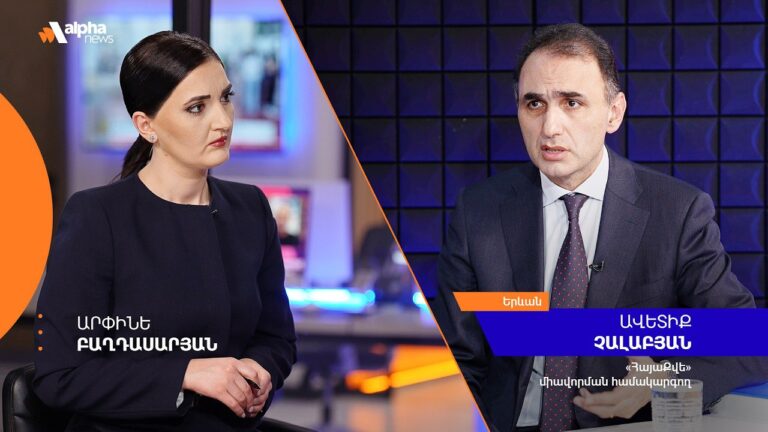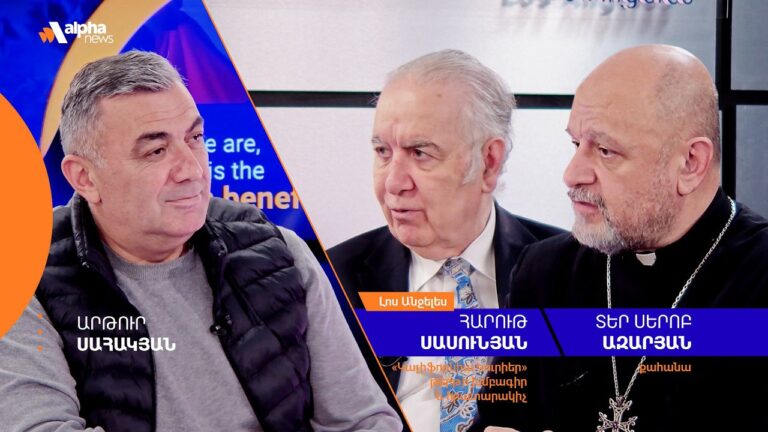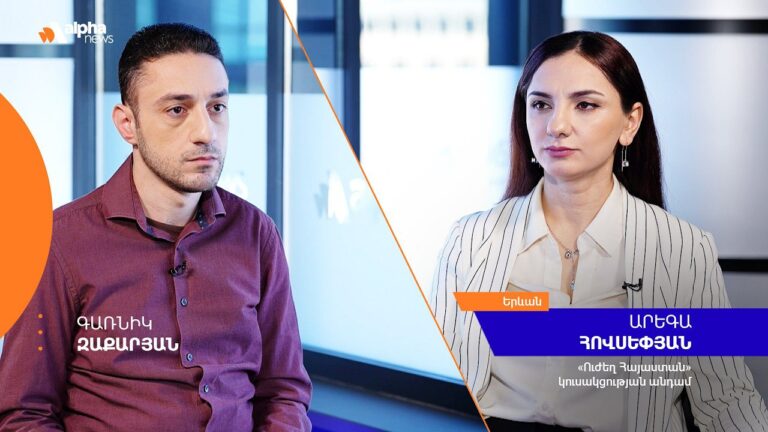Pashinyan applies the Turkish concept of “zero problems with neighbors” in Armenia
December 05 2023, 11:20
The Hayakve public and political initiative staged a protest in front of the National Assembly building in Yerevan on Monday in support of its bill criminalizing any actions on behalf of the Republic of Armenia that recognize Artsakh as part of another state and belittle the significance of the Armenian Genocide. The protest is timed with the discussion of the draft law at a meeting of the Permanent Parliamentary Commission on state and legal issues. Back in June, when the Hayakve submitted an application to the CEC in order to collect signatures for amendments to the Criminal Code, it was clear that Nikol Pashinyan’s parliamentary majority in the National Assembly of Armenia would refuse to support this legislative initiative.
After ethnic cleansing in Artsakh in September 2023, which took place with the tacit approval of the Pashinyan government, and the authorities, the power pyramid, declared that “the Karabakh issue does not exist on the agenda of official Yerevan,” it becomes even more obvious that the authorities will not support the bill that provides for the criminalization of any actions on behalf of the Republic of Armenia that recognize Artsakh as part of another state and belittle the significance of the Armenian Genocide. The Civil Contract and Pashinyan cannot vote for the bill, which contradicts the “historical mission” that they were called upon to carry out. But it is also important to understand in what socio-political and regional context the discussion of the Hayakve initiative is taking place in the National Assembly of Armenia.
On the first day of winter, a message was published by the UN Special Rapporteur on Cultural Rights on the state of culturally and religiously significant objects in Nagorno-Karabakh. The UN Special Rapporteur concludes in this document that Azerbaijan plans to eliminate all physical signs of the presence of Armenians in Nagorno-Karabakh.
The UN Rapporteur stressed that the International Court of Justice, the European Parliament and the Council of Europe have all expressed concerns about a developing narrative in Azerbaijan promoting a ‘Caucasian Albanian’ heritage to replace ‘Armenian’ cultural heritage and the revisionist tendency negating Armenian cultural heritage and presence.
And if Azerbaijan’s behavior is as predictable as possible, and for many decades the Azerbaijani identity has continued to be based on hatred towards Armenians and denial of everything Armenian—history, culture, national identity—then in the current situation it is noteworthy that the Armenian authorities themselves are following the path of denial of Armenian identity.
The latest example is the denial of Mount Ararat, the denial of the element of Armenian identity built around this mountain, and the replacement of this “identity code” with images of Mount Aragats.
Recently, Nikol Pashinyan has been receiving officials in the hall of the Government of Armenia, on one of the walls of which there is a large image of Mount Aragats.
Earlier in the National Assembly, he stated the following: “I have not heard any of us express love for Mount Aragats, and this is a problem for me. I have not seen an image of Mount Aragats in anyone’s house or at home either.” Nikol Pashinyan also stated that, speaking about the Aragats and Ararat mountains, he means the territories that are and are not the sovereign territory of the Republic of Armenia: “Aragats is in Armenia, Ararat is not in Armenia.” The denial of Mount Ararat is not the whim of the former editor-in-chief of a political newspaper. It is an expression of the deep policy of a person who has reached the post of head of state and is pursuing a policy that is basically aimed at fulfilling all the requirements of Baku and Ankara regarding Yerevan.
The “political codes,” the foundations of the identity, and the foundations of the history of the Armenian people are being completely scrapped; the Soviet model of patriotism, as Pashinyan said, is being broken, and it is replaced with the model of “Istanbul-Baku” patriotism, the ideas of which are built around the regional interests of Turkiye and Azerbaijan. It is precisely these interests that are trying to replace the Armenian identity and political codes.
What is happening now is what John Bolton said in 2018, when he called on Armenia to abandon “historical stereotypes,” which means that the model of patriotism must be reconsidered, and instead of fighting for the right of the people of Artsakh to self-determination, instead of fighting for international recognition of the Armenian Genocide, Pashinyan proposes to apply the formula “zero problems with neighbors.” And this is what, in his opinion, will ensure “peace” for Armenia. The whole problem, however, lies in the fact that the rejection of Artsakh, the rejection of the struggle for recognition of the Armenian Genocide, and the refusal to form the most effective security model based on attracting a natural and strategic ally will bring Armenia to peace, but this will be the peace of the cemetery…
The whole problem of Armenian policy is also that Pashinyan is rejected by the vast majority of Armenian society, and his concept of “peace at any cost” is rejected; however, an alternative and full-fledged concept of Armenia’s existence in the new geopolitical realities has not been formed. Even the rhetoric for describing reality remained largely at the level of September 26, 2020. And the Hayakve initiative is also a manifestation of this problem. It is fundamentally positive, but it does not give an idea of a full-fledged model of existence for Armenia. It is the absence of this political proposal that is the fundamental basis of Pashinyan’s power today, with all that this entails for each of us…

